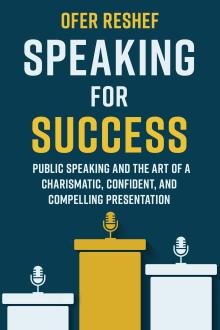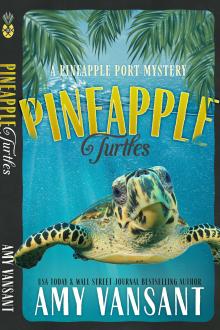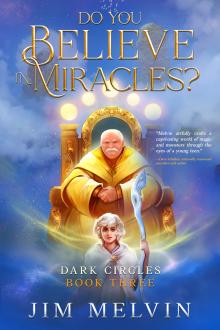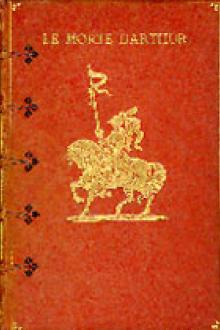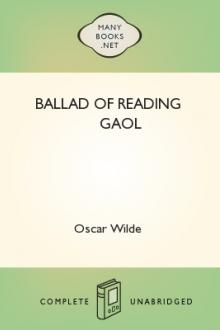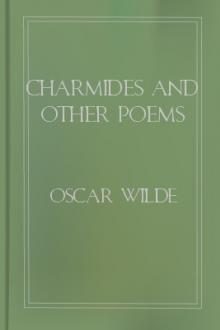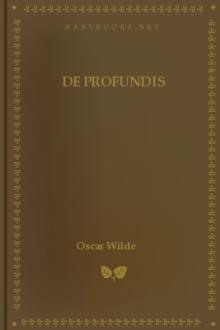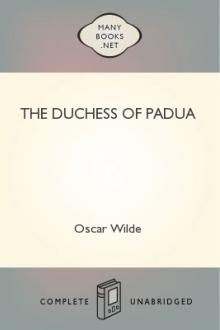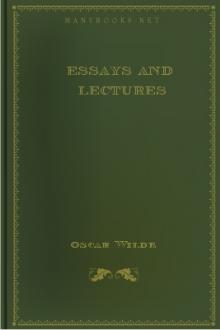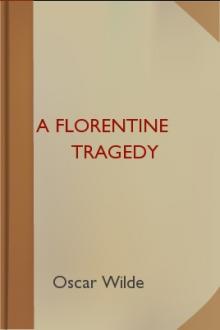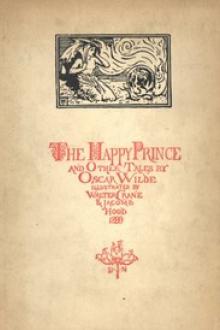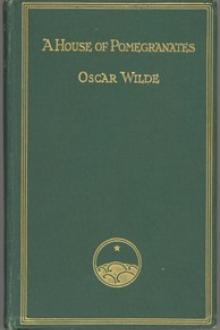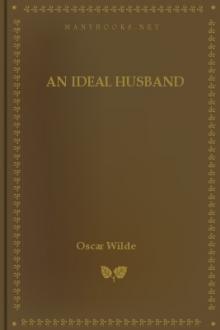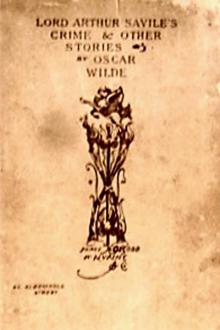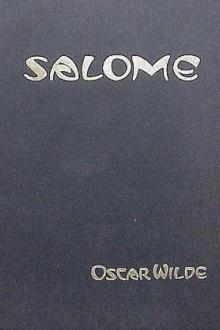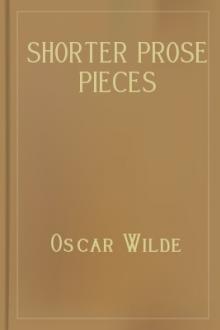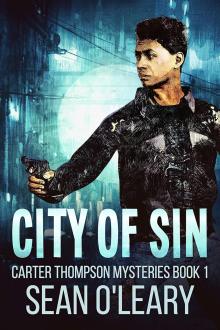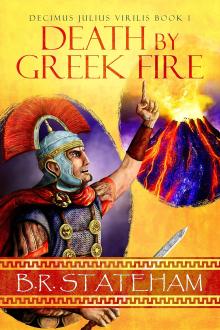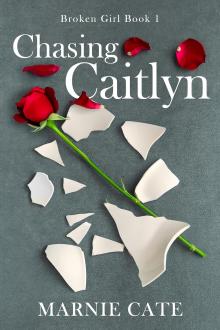Intentions
Intentions
The Decay of Lying -- Pen, Pencil, and Poison -- The Critic as Artist -- The Truth of Masks
Book Excerpt
. In point of fact what is
interesting about people in good society--and M. Bourget rarely
moves out of the Faubourg St. Germain, except to come to London,--
is the mask that each one of them wears, not the reality that lies
behind the mask. It is a humiliating confession, but we are all of
us made out of the same stuff. In Falstaff there is something of
Hamlet, in Hamlet there is not a little of Falstaff. The fat
knight has his moods of melancholy, and the young prince his
moments of coarse humour. Where we differ from each other is
purely in accidentals: in dress, manner, tone of voice, religious
opinions, personal appearance, tricks of habit and the like. The
more one analyses people, the more all reasons for analysis
disappear. Sooner or later one comes to that dreadful universal
thing called human nature. Indeed, as any one who has ever worked
among the poor knows only too well, the brotherhood of man is no
mere poet's dream, it is a most depressing and humiliating reality;
and if a writer insis
FREE EBOOKS AND DEALS
(view all)Popular books in Poetry, Fiction and Literature, Biography, Drama
Readers reviews
3.0
LoginSign up
These are essays on painting, writing and drama, mostly the latter two. The Decay of Lying mourns the rise of realism, and the loss of characters who speak as people should speak, not as they do. Wilde believes Life imitates Art, so that if the art is written or painted well enough, Nature will imitate it.
The essays are set up as dialogues, and illustrate his theory, in that the conversational exchanges are extended monologues, with Greek, Latin, and French larded in amidst the fulsome descriptive passages. No one spoke that way.
Pen, Pencil and Poison deals with Wilde's fascination with a mediocre writer and talented poisoner.
The Critic as Artist asserts that criticism of Art is a greater art form than the original work, a theory any University English professor accepts as fact, if only secretly.
The Truth of Masks explains how important costume and historical accuracy were in the plays of Shakespeare.
These are essays that will probably only interest the readers of essays. If you are looking for reportage or witty exchanges, look elsewhere: these ain't got them.
The essays are set up as dialogues, and illustrate his theory, in that the conversational exchanges are extended monologues, with Greek, Latin, and French larded in amidst the fulsome descriptive passages. No one spoke that way.
Pen, Pencil and Poison deals with Wilde's fascination with a mediocre writer and talented poisoner.
The Critic as Artist asserts that criticism of Art is a greater art form than the original work, a theory any University English professor accepts as fact, if only secretly.
The Truth of Masks explains how important costume and historical accuracy were in the plays of Shakespeare.
These are essays that will probably only interest the readers of essays. If you are looking for reportage or witty exchanges, look elsewhere: these ain't got them.
- Upvote (0)
- Downvote (0)
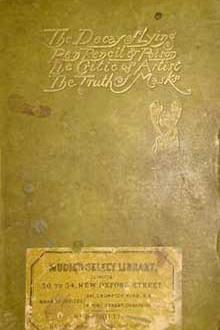
 Free Download
Free Download
